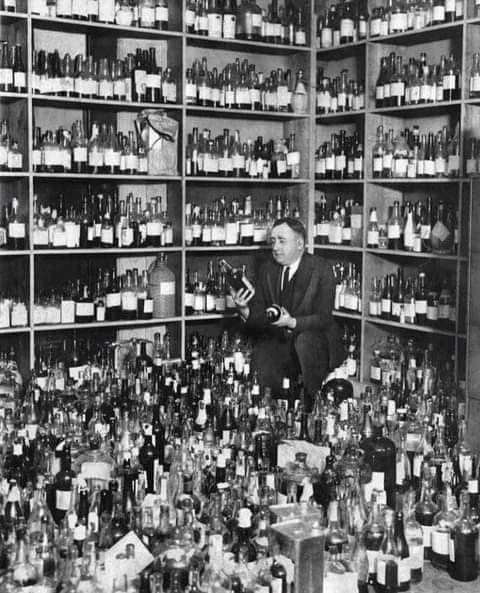
How to Shop French Wine Like You Know What You’re Doing
It begins with a place.
Not a grape, not a tasting note. Just a name perhaps Côtes du Rhône, or Sancerre, or Bourgogne Cote D'or Rouge printed plainly on the bottle, with little explanation and even less apology. For those unfamiliar with French wine, it can feel like a wall of silence. There are no hints. No friendly varietal callouts. Just centuries of assumption, and a quiet expectation that you’ll understand.
This is how French wine has always announced itself: obliquely, even aristocratically, prioritising where the wine is from over what it’s made from. The grape variety is there, of course it is, but it is not the story. The land is. The slope, the stone, the passage of time. In Burgundy, that land might be limestone and Kimmeridgian marl. In Bordeaux, gravel and clay. The wines remember these textures. They carry them forward.
This philosophy, of course, is called terroir. It is not unique to France, but the French were the first to codify it, to build an entire system around it, and to insist that it mattered more than the grape itself. It is why you will never see “Pinot Noir” printed boldly across a bottle of Volnay. The place already tells you that.
In the early 20th century, this belief became law. The AOC system (Appellation d’Origine Contrôlée) set strict parameters around what could be planted where, and how it should be made. What began as a protection against fraud soon evolved into a national mythology: Chablis is Chardonnay and Beaujolais is Gamay. Any deviation is, by law and philosophy, something else entirely.
And so, for those of us outside this tradition, reading French wine labels becomes a kind of learned skill, not unlike reading poetry. The more you do it, the more you see. You begin to know that a bottle marked Morgon will offer structure and spice, while Saint-Péray might offer unexpected bubbles. You begin to sense what Premier Cru might suggest, and why Vieilles Vignes matters.
But perhaps more importantly, you begin to sense which wines are quietly extraordinary. They are not always the most expensive. Often they come from lesser-known appellations - places like Vacqueyras or Cairanne, where the wines are soulful and the pricing humane. There is a quiet revolution happening in these places. A new France, emerging from old stones.
If French wine seems complicated, that’s because it is. But it is also deeply generous, if approached with curiosity. You don’t need to know everything. You only need to begin.
Every July we celebrate our French wines we have instore alongside our exclusive imports. Shop our monthly deals now or get in quick for the Bastille Day sale running from the 10th - 19th July.
Glossary, of sorts
Terroir – A foundational concept in French wine: the influence of place - soil, climate, elevation, and human tradition on the final character of a wine. Terroir is why a Pinot Noir from Santenay tastes different from one in Savigny.
Appellation d’Origine Contrôlée (AOC) – France’s regulatory system for wine (and other agricultural goods), established in the 1930's. It defines what grapes can be grown, where, and how the wine may be labelled.
Premier Cru / Grand Cru – Official quality classifications, most commonly found in Burgundy and Champagne. Grand Cru vineyards are the highest tier; Premier Cru sits just beneath.
Vieilles Vignes – “Old vines.” Not a regulated term, but widely used to suggest that the wine comes from mature vines, typically producing fewer grapes with more concentration.
Crémant – Traditional method sparkling wine made outside Champagne, but often using the same techniques. Crémant de Bourgogne and Crémant de Loire are good examples.
Muscadet – A dry white wine from the western Loire, made from the Melon de Bourgogne grape. Often aged sur lie (on lees), which gives a subtle texture and saline quality.
Lieux-dits – Named vineyard sites, sometimes appearing on labels to indicate a precise origin within an appellation. Common in Burgundy and the Rhône Valley.



2 comments
Napoleonic code not mentioned but never mind .. a nice article on French wine terms up to and including the EU.
Napoleonic code not mentioned but never mind .. a nice article on French wine terms up to and including the EU.